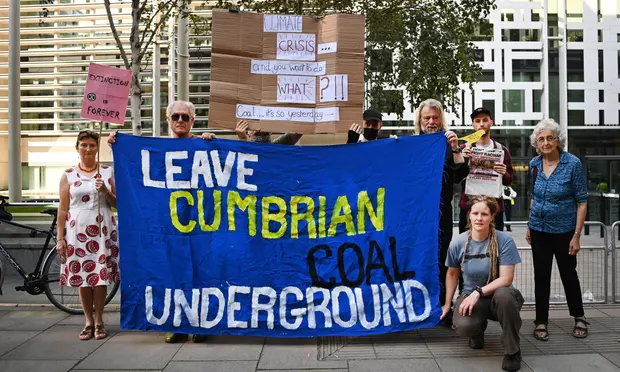United States special presidential envoy for climate, John Kerry has disclosed that he is carefully studying the UK government’s decision to approve a new coal mine due to worries that it will increase greenhouse gas emissions and send the wrong message to developing nations.
Kerry noted that he was paying close attention to the mine and that if it did not adhere to strict standards, he would publicly oppose the approval.
In an interview on Friday, the climate official said: “I’m asking my people to give me a better download on exactly what the emissions implications are going to be.
“Coal is not exactly the direction that the world is trying to move in, or needs to move in,” he said. “What I want to know is the level of abatement here, such as whether the resulting greenhouse gases will be captured and stored and the comparison of this particular process in the production of steel.”
Read also: FG reiterates Support to Address Climate Change Challenges
Eco-Nai+ had earlier reported that the UK approved its first new coal mine in three decades despite concern about its climate impacts among experts, activists and Conservative MPs.
With the approval, coking coal would be mined in Cumbria for use in the UK’s and the rest of the world’s steel production.
According to the UK government, it will be in accordance with the goal of net zero greenhouse gas emissions by 2050, partly due to the mine’s planned closure by the end of 2049 and the fact that the emissions the mine and its coal will produce will be lower than those from alternatives like importing coal.
However, analysis has shown that at least 83% of the 2.8 million tonnes of coal the mine is expected to produce annually will be exported because at least two of the top British steel makers won’t be using it.
Kerry made it clear that the United States was taking a firm stance against continued and increasing coal use on a global scale, adding that he would come out against the project if US studies challenged the government’s claims that the mine was necessary and that the coal would be lower in carbon than a substitute for making steel.
Story was adapted from The Guardian.
